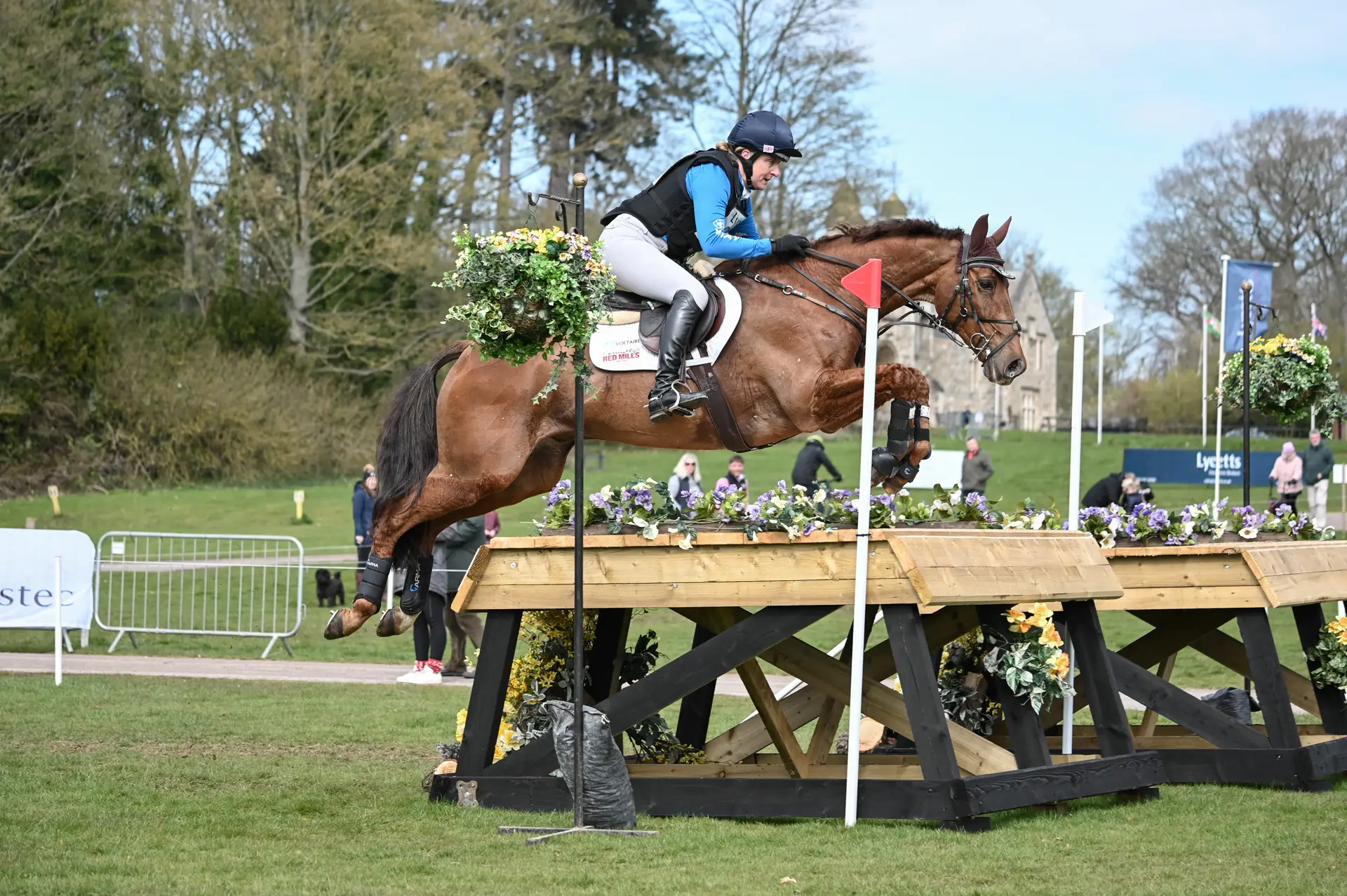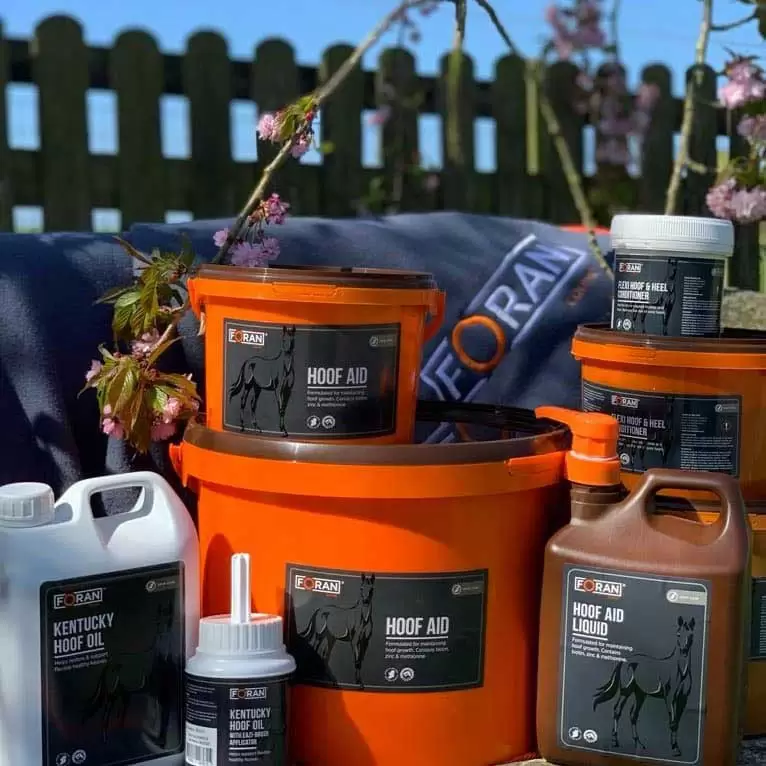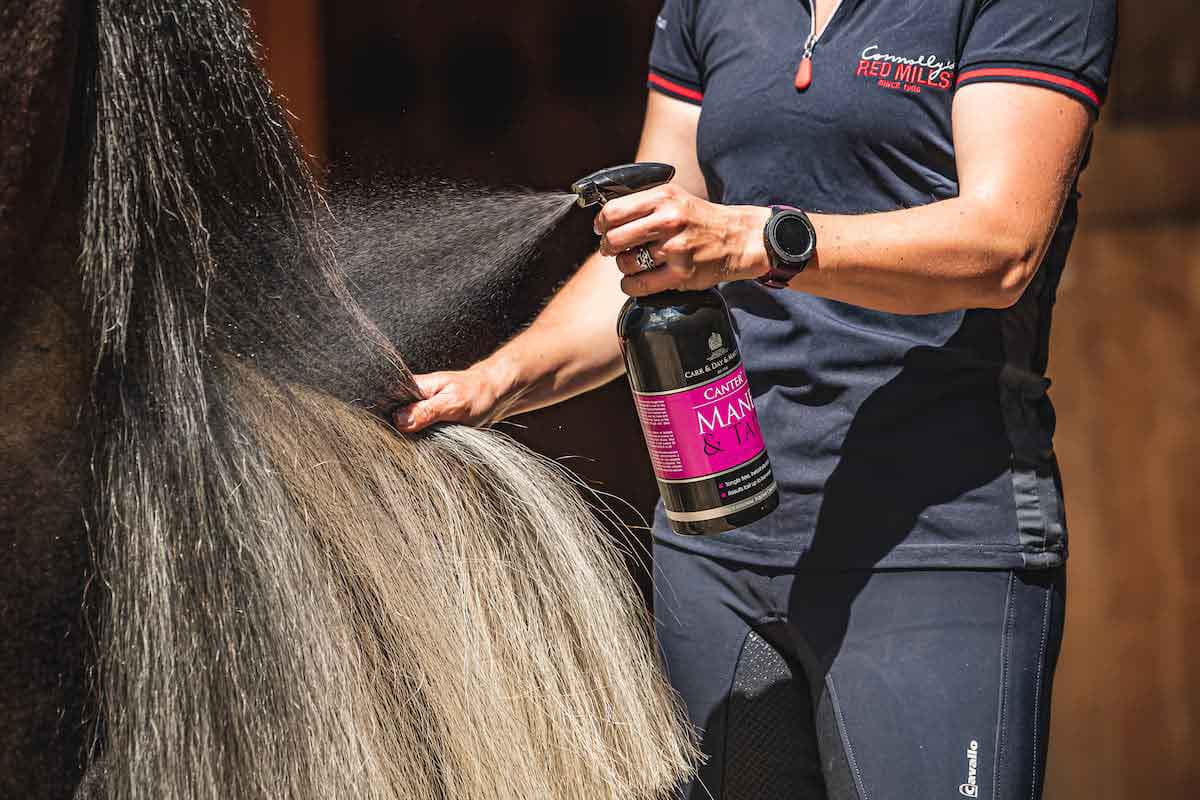Whether a trainer or rider, being unable to compete during lockdown brings along many challenges. Being unable to compete can challenge our sense of identity, and in turn, our feelings of self-worth. Sports psychologist Aodhagán Conlon discusses.
Often, we have heard working with horses described as a way of life, not simply a career choice. I think that this is to a large extent true, considering the amount of resources (time, effort, money) that many put into their respective roles in the equine industry. This way of life may not particularly be a problem when the show is in full swing, but what happens when there is no competition, when we do not get sufficient reward (e.g., winners, money) for all the effort that we are putting in in?
Demonstrating that we are good at something is largely where we derive our sense of self-worth from. If you only have one identity, that is, you see yourself only as a trainer, a showjumper, a jockey, then the only way you can generate positive regard, that feeling of self-worth, is from that one identity.
When this identity does not provide reward, for example during times when you cannot perform, this can diminish your ability to deal with setbacks in an adaptive way, and in some cases, lead to mental health issues. This is not only true during lockdown, but during times when things may not be happening for you during competition, when you make mistakes, finish second, or if your horses may be sick.
A protective factor for such a situation, is to develop different identities off the horse (not different personalities, that is a whole other subject!), which leaves you a more balanced person, and more able to deal with setbacks.
Think of it like this, if a table only has one leg and you cut it off, what happens? The table collapses. If a table has four legs and you cut one off, what happens? Yes, it may be more unstable than before, but you can move the legs around to support different areas of the table to keep it upright until you replace the other leg.
Creating another identity, offers the ability to generate another source of self-worth. It allows you to view yourself, not only as a trainer, showjumper as a jockey, but perhaps a musician, an artist, a boxer. Using the term “self-worth” is beneficial as it promotes the idea of creating something of value.
Demonstrating that we can produce or display something of value to the world, whether that is an athletic or musical performance, a piece of art, or a skill such as carpentry, is a reliable way to generate self-worth.
A classic example demonstrating the benefits of developing another identity is that of becoming a parent. Becoming a parent brings a new identity, and with it a new range of roles responsibilities, rewards, and perhaps most importantly of all, a new perspective. From my own experience, I have seen weighing-room colleagues who, upon having children, ride even better than before.
Where I feel the change is most evident, is their ability to deal with bad days, so that it does not affect how they ride the next day. While not reducing the competitive hunger, it seems to allow riders to leave bad days, as Ruby Walsh describes in his autobiography, “at the back door”.
They know, as soon as they enter into that house, they have a different identity, they are a parent, and that their children may not care too much that their mother or father have been ‘cut up’ or had three poles down that day. Their perspective on a bad day has changed, taking their mind off what has happened that day, so they are not bringing yesterday into tomorrow.
This example is simply to highlight that having another identity can bring another sense of value into your life, which can help you deal with bad days and setbacks a little bit better. Of course, there will be days that things may linger on longer than usual, we are all human, and this is a sign that you care about what you do (a good thing).
But having something else to rely on for your feelings of self-worth, can leave it that these days are the exception rather than the norm.
Don’t just take my word for it, I had a conversation a couple of months back with a Royal Ascot winning rider who told me:
“You know, young riders come into this thinking that you need to be 100% all-in to do well, whereas in reality, you need to be 90% in, and 10% in something else for it to work”
That jockey’s release is golf, and I have worked with a number of professional jockeys who have developed identities in a variety of different domains ranging from ballroom dancing and being part of a choir, to karate and boxing. The following framework is helpful when looking to choose a behaviour/skill to help develop another identity. Your chosen behaviour/skill, should look to satisfy the following three areas:
Competence
Competence is demonstrated skill or ability. This means there needs to be a learning aspect to your chosen behaviour and you can see progression (e.g., learning to play an instrument).
Autonomy
Autonomy is independence or control. Do you have a certain amount of control about how you engage with your behaviour? (E.g., can you choose what songs to play, what times you practice?).
Relatedness
Relatedness concerns the contact that you are having with people, and how your behaviour facilitates this. Are you collaborating with people (e.g., a band) or learning from someone (e.g., a teacher) in a positive way?
Looking a bit closer at these three, we have all had moments where we have learned something new and had that positive reaction or feeling (competence). In sport in general, so much is dictated by other people. For riders it can be persuading owners or trainers to give them an opportunity. For trainers it can be trying to buy the best horse with a limited amount of money available. Having a sense of control in an aspect of your life, if only a few hours a week, can help redress this balance (autonomy). Finally, being in a room or a group where nobody knows anything about horses can be a pleasant escape.
You are not looking around and thinking ‘Jesus, did they see the ride I gave that horse yesterday?’. Talking with people from different backgrounds can be refreshing and informative and can help with maintaining perspective (relatedness).
Lockdown is a wonderful opportunity to explore and perhaps experiment with different ideas of behaviors that you could engage with to help become a more rounded person and a better professional.
Develop another identity and add a leg to your table.
Aodhagán Conlon is a former professional jockey who is currently training to become a chartered sports psychologist, was well as studying for a PhD at the University of Bath.
Follow him on Twitter @aodhaganconlon or Instagram @thebreathpsych.









